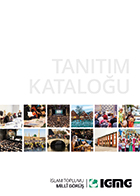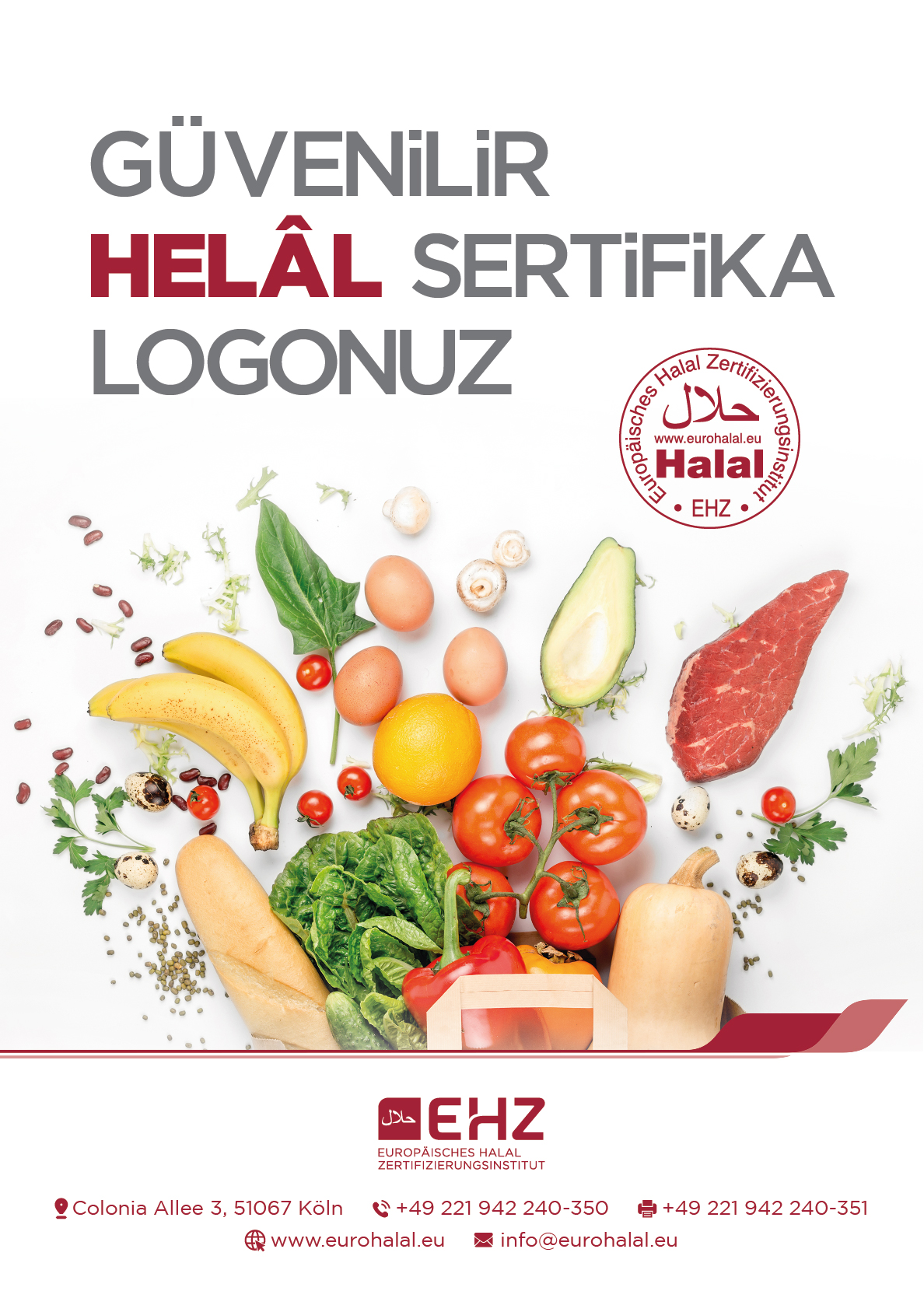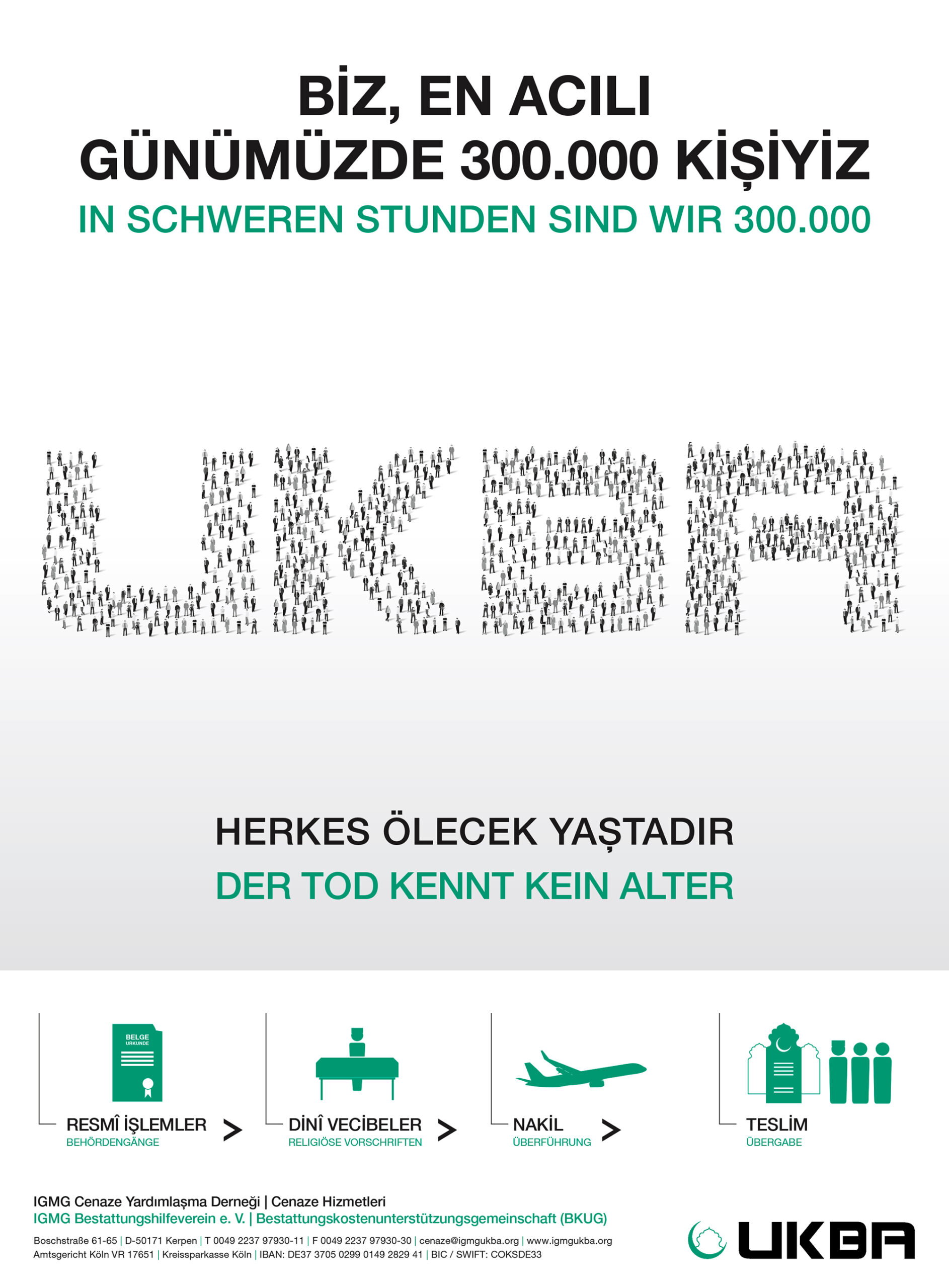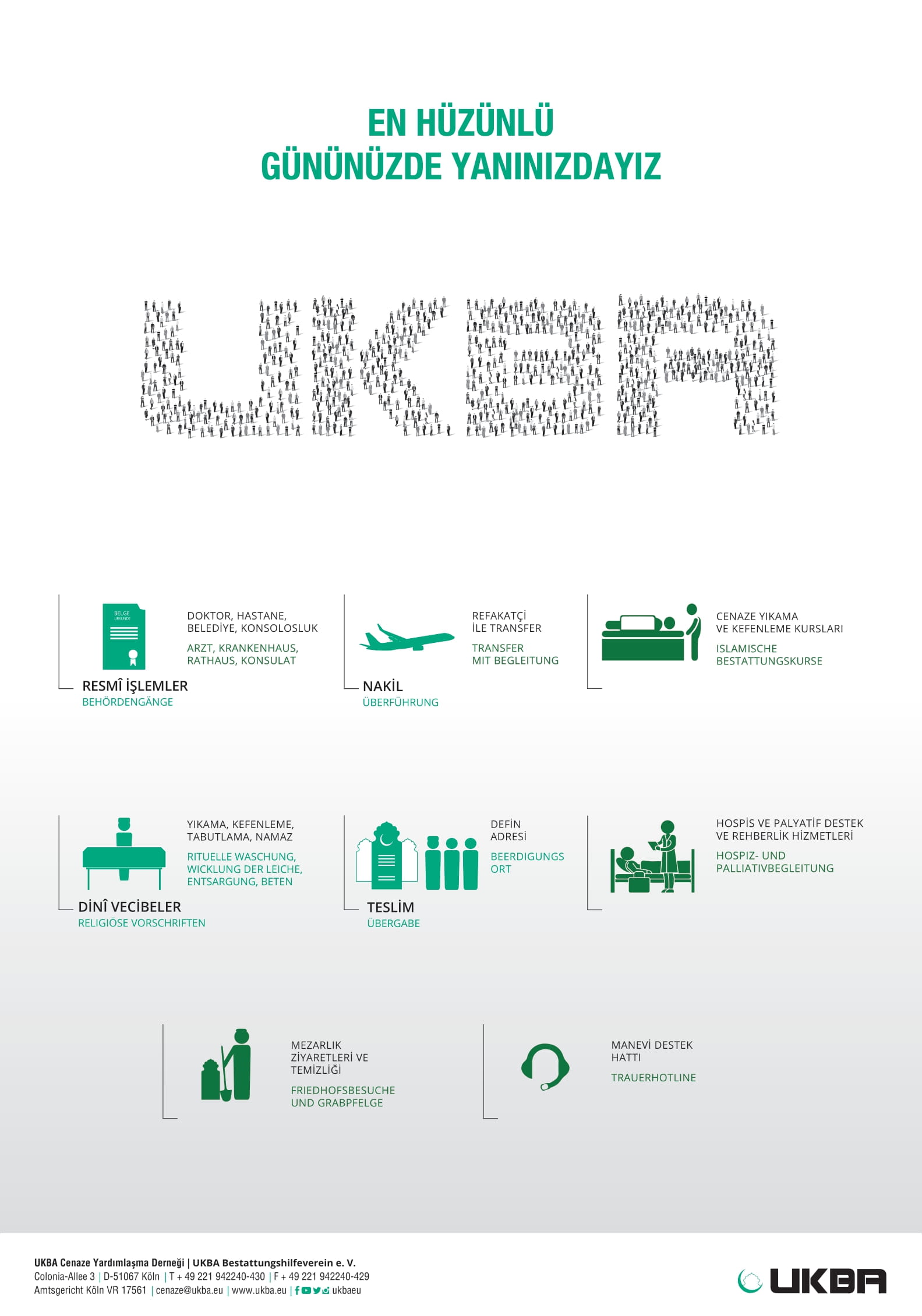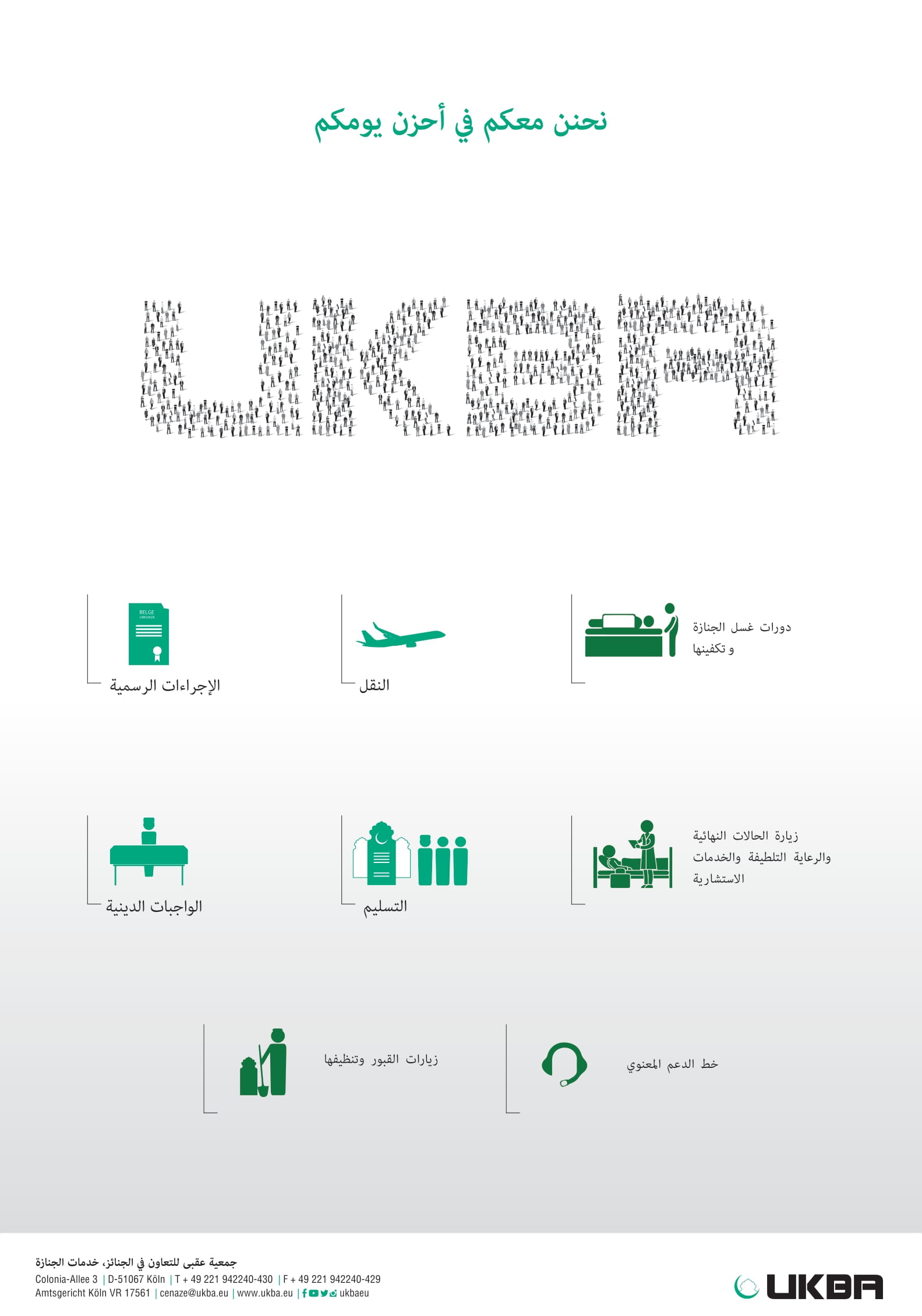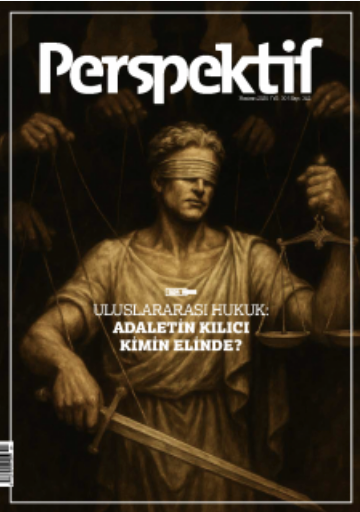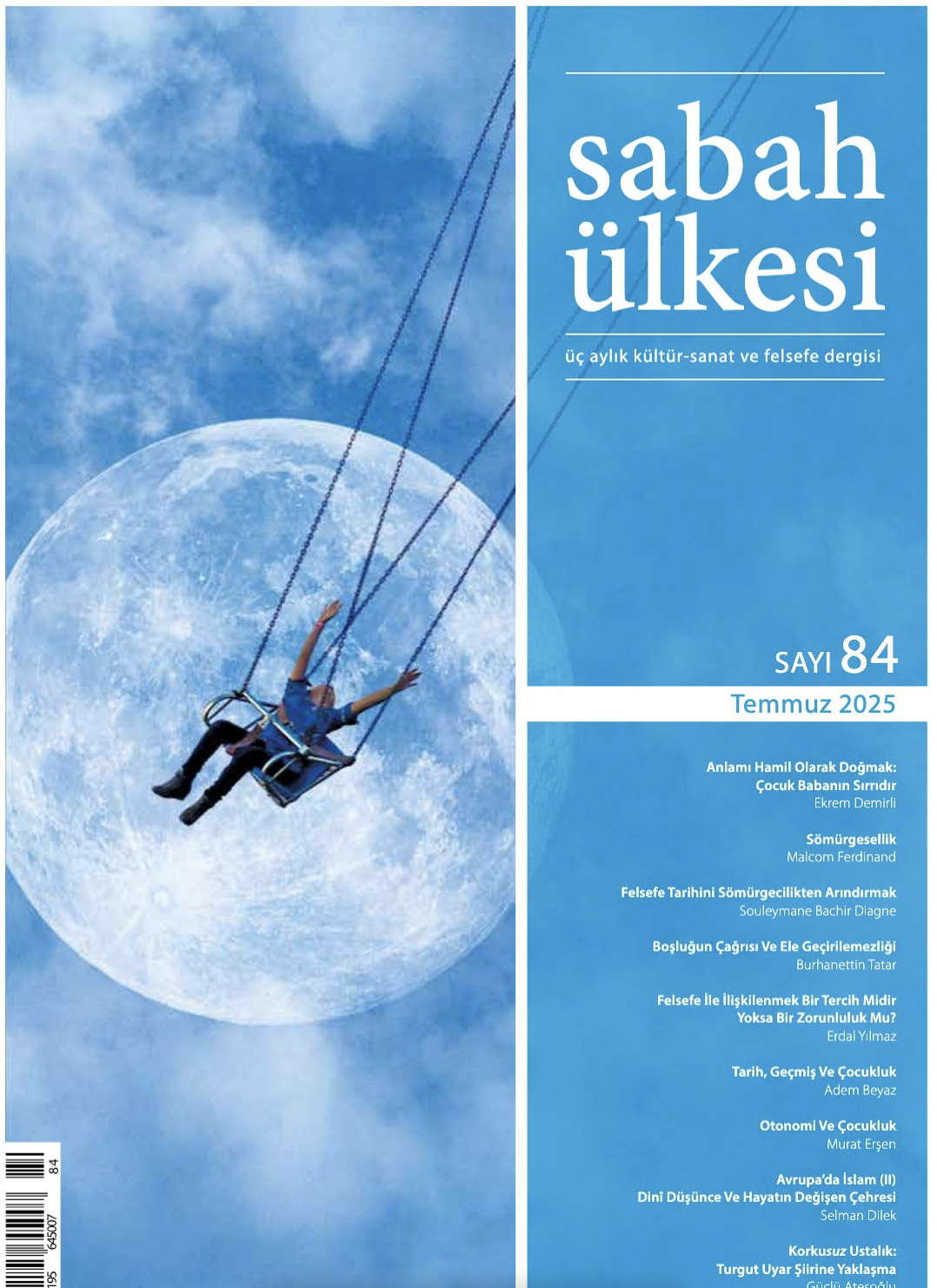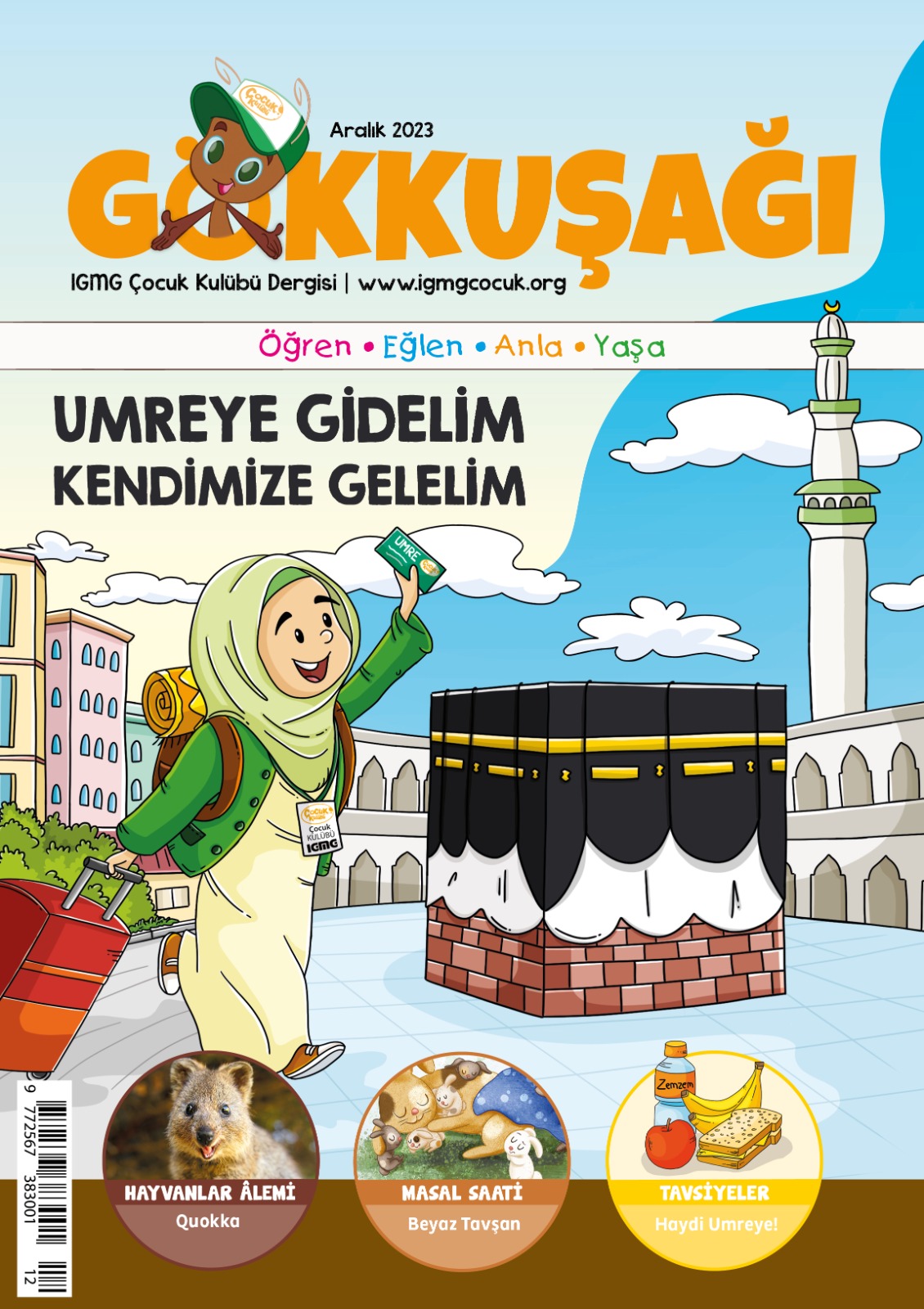Friday Khutba
Domestic Violence
02. December 2021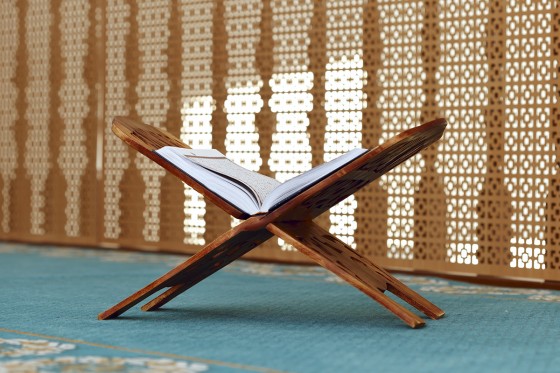
Dear Brothers and Sisters!
In the verse we read, Allah (swt) says the following: “But as for those who believed and did righteous deeds, He will give them in full their rewards, and Allah does not like the wrongdoers.”[1] In this verse, Allah (swt) emphasises the importance of faith and good deeds and reminds us that we will receive their reward in the hereafter. However, at the end of the verse, by saying “Allah does not love oppressors”, he advises us not to neglect our relations with others while taking care of our faith and worship. Allah (swt) says through a hadith Qudsi: “O My servants, I have forbidden oppression for Myself and have made it forbidden amongst you, so do not oppress one another!”[2] Allah (swt) expects us to avoid oppression and display the highest ethics, especially in our family relationships.
Dear Jama’ah!
Rasulullah (saw) said, “Kindness is not to be found in anything but that it adds to its beauty and it is not withdrawn from anything but it makes it defective.”[3]. This hadith, which forms the basis of our human relations, is especially important for our family life. One of the Sahaba closest to the Prophet Muhammad (saw), Enes (r.a.) tells the following about his experience with the Messenger of Allah (saw) and which will set an example for us: “I served the Prophet (ﷺ) at Medina for ten years. I was a boy. Every work that I did was not according to the desire of my master, but he never said to me: Fie, nor did he say to me: Why did you do this? or Why did you not do this?”[4]
Dear Brothers and Sisters!
Unfortunately, while the family environment should be a safe place, many people experience domestic violence. Women and children are exposed to this distressing situation in the first place. Unfortunately, we observe that the number of domestic violence cases has increased even more with the curfews that emerged during the pandemic process. Islam forbids violence in all its aspects, whether physical or psychological, regardless of whom it is directed at.
Whatever the reason may be, to use violence is a behaviour that is not suitable for human nature and harms us. Treating women, men, children, the elderly, even animals and all kinds of living things in nature, unfairly, will make life unliveable and unbearable. The situation is even worse if verses and hadiths are abused to justify such awful behaviour.In this respect, it is one of the common duties of humanity to react to, oppose and prevent all forms of violence. Islam, the religion of mercy, has openly declared that it is Allah (swt) Who creates and gives life to all living things in life.It is especially stated that all living and non-living beings are entrusted to the protection of humanity as a trust from Allah (swt). For this reason, approaching all beings in the world with compassion and mercy means taking care of the trusts of Allah (swt), it is considered one of the religious duties of us Muslims.
Dear Brothers and Sisters!
In the Qur’an, the Pharaoh is shown to us as the greatest tyrant in history. In addition to his claim to godhood and the tortures he applied to the Israelites, drew the anger of Allah with the violence he applied to Asiye (his wife). In Surah At-Tahrim, the cries of Asiye are conveyed to us as follows: “And Allah presents an example of those who believed: the wife of Pharaoh, when she said, “My Lord, build for me near You a house in Paradise and save me from Pharaoh and his deeds and save me from the wrongdoing people.’”[5]
In order to prevent domestic violence, Rasulullah (saw) made the farewell sermon, where almost all of the Companions were present by saying “Fear Allah regarding women. Verily, you have taken them as a trust from Allah.”[6]. He himself has been the greatest example for us in this regard and has always treated his wives in a fair, loving and patient manner. The mother of the believers, Aisha (r.a.) said, “The Messenger of Allah ﷺ never hit a servant or a woman.”[7]
May Allah (swt) make us among those who display the highest morality, gentleness and patience, first towards our own families, then towards other people and all beings. Ameen.
[1] Surah Âl-i İmrân, 3:57
[2] Müslim, Birr, 15, H.No: 2577 (hadîs-i kudsî)
[3] Müslim, Birr, 23, H.No: 2594
[4] Ebû Dâvûd, Edeb, 1, H.No: 4774
[5] Surah At-Tahrîm, 66:11
[6] Müslim, Hac, 19, H.No: 1218
[7] Ebû Dâvûd, Edeb, 5, H.No: 4786
